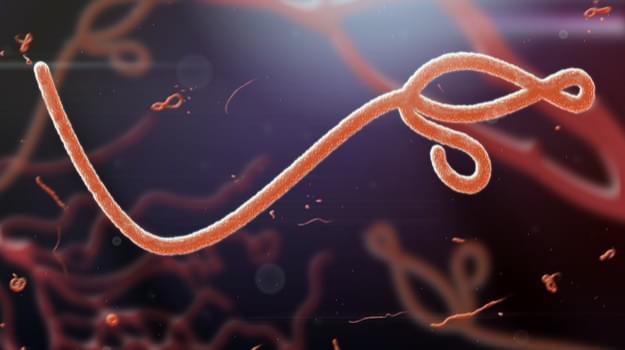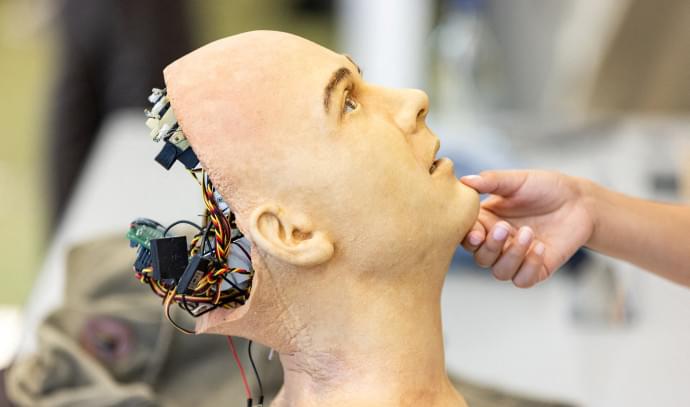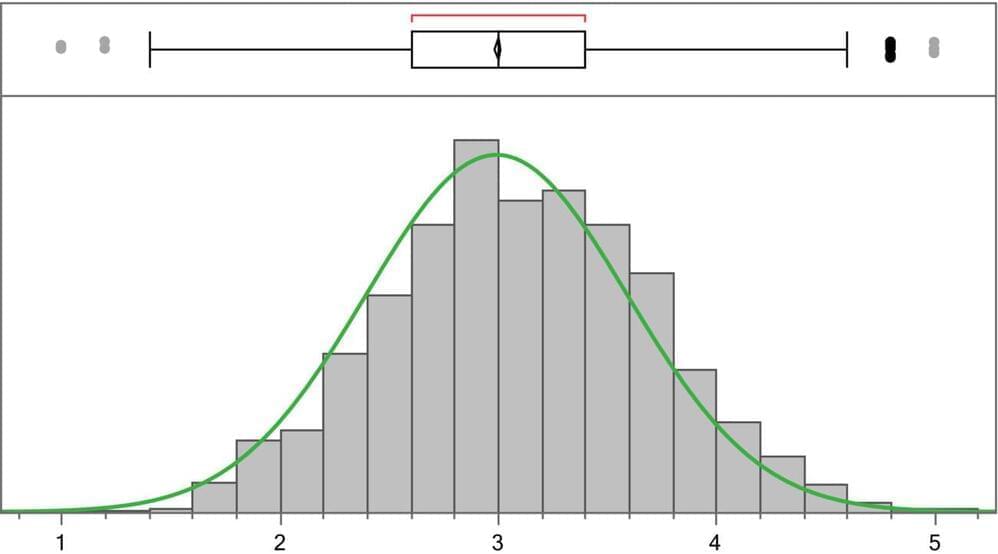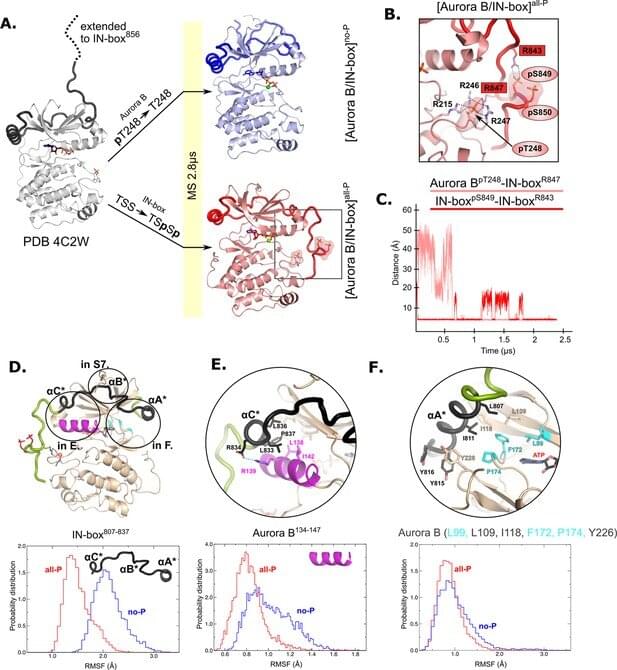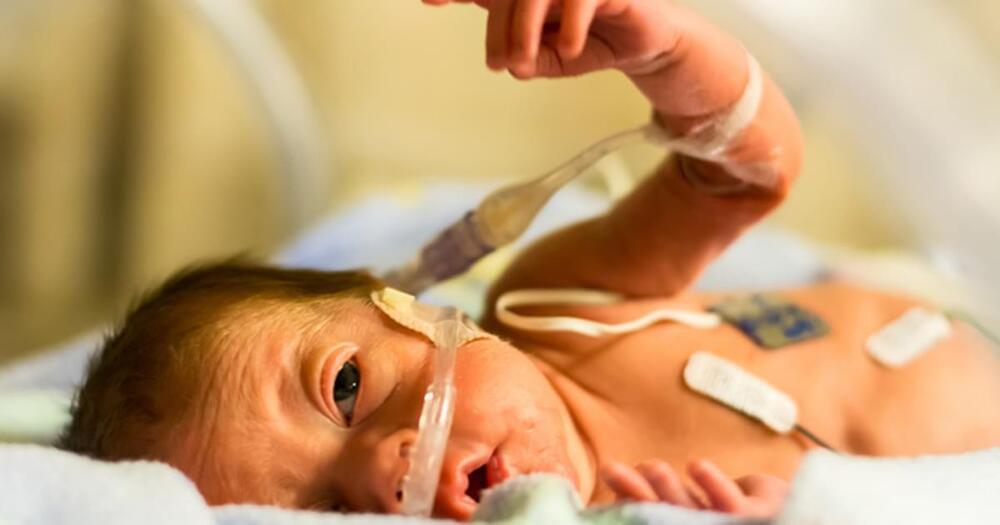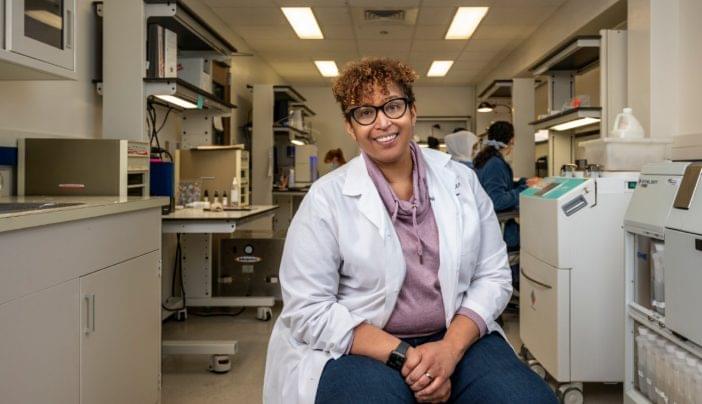Jul 8, 2023
Merck’s Ervebo is the World’s First Approved Ebola Vaccine
Posted by Quinn Sena in categories: biotech/medical, innovation
Year 2019 😗😁
The European Commission approved the world’s first Ebola vaccine. The vaccine is manufactured by Merck and has a trade name of Ervebo.
“The European Commission’s marketing authorization of Ervebo is the result of an unprecedented collaboration for which the entire world should be proud,” said Kenneth C. Frazier, Merck’s chairman and chief executive officer. “It is a historic milestone and a testament to the power of science, innovation and public-private partnership.”
Continue reading “Merck’s Ervebo is the World’s First Approved Ebola Vaccine” »
